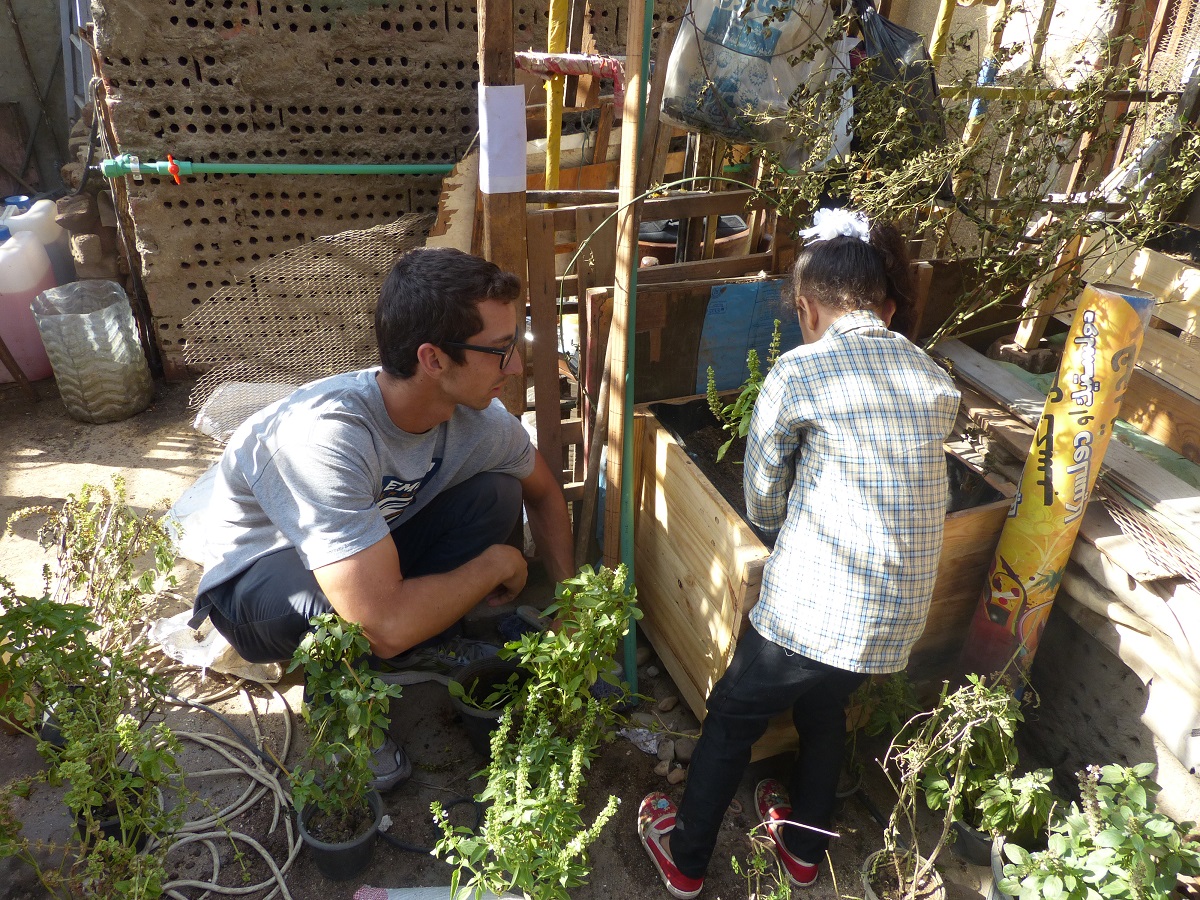Participatory Managed Access Design & Implementation
Using the data from profiling, fishers and community leaders are engaged in a series of workshops that guides them through a) defining their community goals for fisheries and conservation, b) zoning and marking off their municipal waters, c) evaluating their reserves, d) delineating areas for managed access, and e) agreeing on the rules within their managed access areas. When these have been agreed on, they are codified in policy and institutional arrangements for ongoing implementation.
Buy-in of the mayor and local legislative council helped drive process in communities, and previously designated management areas served as starting points for further spatial planning.
Inputs from first stage were critical for building trust for this stage. It was important that all discussions and agreements during the workshops would be shared with communities in feedback and consultation sessions before proceeding to the next stage of the design process.
